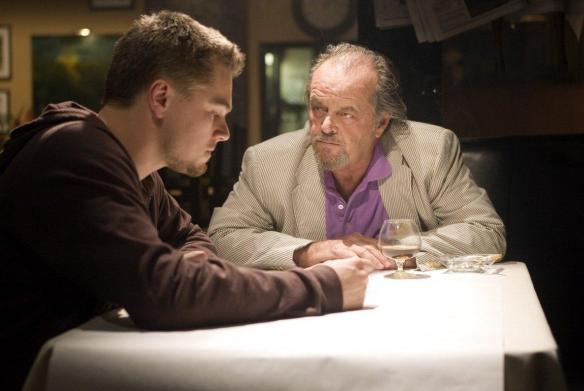
1. Martin Scorsese- It may seem unimaginable that nearly three years ago director Martin Scorsese had yet to hold an Academy Award in his hands, but it is the disappointing truth. The once would-be Catholic priest entered the film making world with hits like Boxcar Bertha and Mean Streets which put him at the forefront of New Hollywood with his violent, audience-specific films. Though Francis Ford Coppola felt he was unfit to helm The Godfather: Part III, Scorsese quickly overshadowed Coppola to become an icon of his own, creating films filled with themes related to violence, machismo, Italian-American identity, immigration, Catholicism and New York City. Five decades of classics like Taxi Driver, Raging Bull, Goodfellas and The Departed, Scorsese set a style of quick editing, rock and roll soundtrack and frequent collaboration with actors and editors who claim Scorsese to be a living encyclopedia of film history. The film that did it for us: Though he’s created modern epics including a personal favorite, Gangs of New York, Scorsese’s talents are most apparent in Taxi Driver, a film with some of the most carefully constructed technical detail and powerful themes of isolation, violence, sex and how they are related and lead to destruction.

2. Stanley Kubrick– One of the unprecedented visual artists in all of cinema, it’s hard to not love movies when Stanley Kubrick makes them. His gift for telling a compelling story is aided by those infamous distant shots, able to encompass the idiocy in The War Room (Dr. Strangelove) or gravity-defying in the great beyond (2001: A Space Odyssey). He never told the same story twice, but each film carries with it his distinct visual flair, helping him to create some of the most fully realized worlds the movies have ever seen. Kubrick is one of the biggest influences on American cinema not only because of his artistic genius, though. His ruthless dedication to his vision of the material led to feuds with his actors and the writers of the source material (both on The Shining.) Perfectionism is costly, but with it he created many things that are, in fact, perfect. The film that did it for us: There’s never been a more beautifully filmed comedy than Dr. Strangelove, and there are few as horrific.
Continue reading →








